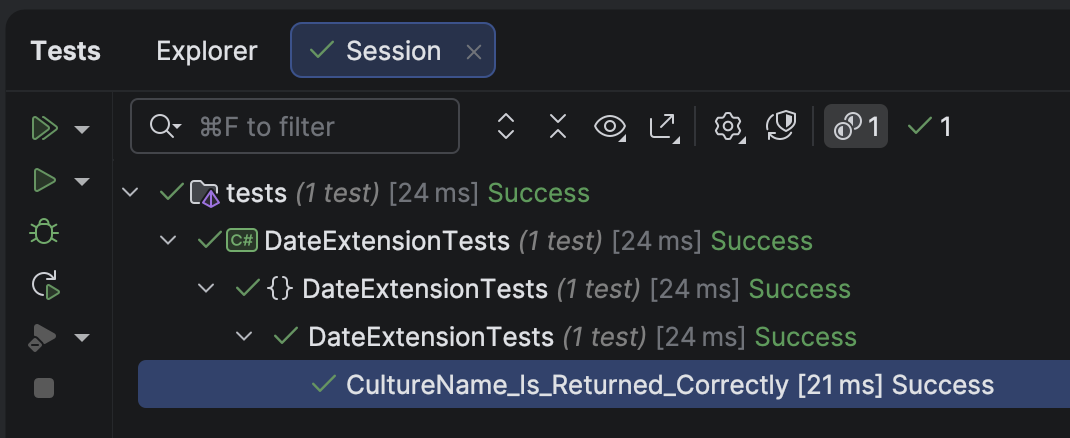Creating Static Extension Properties In C# & .NET
[C#, .NET]
Yesterday’s post, “Creating Static Extension Methods In C# & .NET”, discussed how you can write static extension methods for an existing type.
In this post, we will look at how to do the same thing, but for properties.
Let us suppose, for example, we want to quickly get the name of the calendar in the current culture.
The code itself is as follows:
var calendar = CultureInfo.CurrentCulture.Calendar;
var name = calendar.GetType().Name;
For my culture, en-KE, this returns the string GegorianCalendar.
We can then use the Humanizer library to remove the PascalCasing.
calendar.GetType().Name.Humanize()
Finally, we create the static extension property in a static class.
public static class DateOnlyExtensions
{
extension(DateOnly)
{
/// <summary>
/// Return the calendar name for the current culture
/// </summary>
/// <returns></returns>
public static string CalendarName
{
get
{
var calendar = CultureInfo.CurrentCulture.Calendar;
return calendar.GetType().Name.Humanize();
}
}
}
}
We then write a test to verify that this works:
[Fact]
public void CultureName_Is_Returned_Correctly()
{
CultureInfo.CurrentCulture = new CultureInfo("en-KE");
DateOnly.CalendarName.Should().Be("Gregorian calendar");
}
The test should work:

In this manner, we have added a static extension property to a type.
TLDR
You can also write static extension properties to complement the static properties available in an underlying type.
The code is in my GitHub.
Happy hacking!